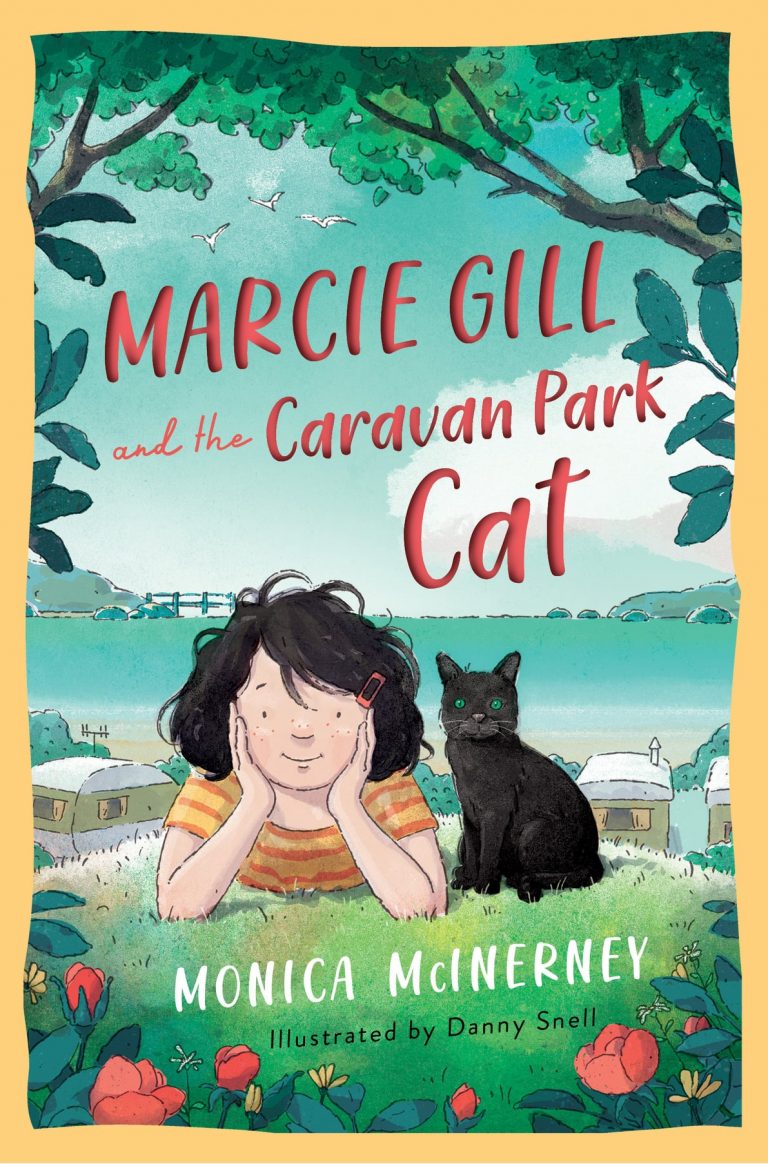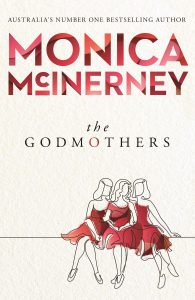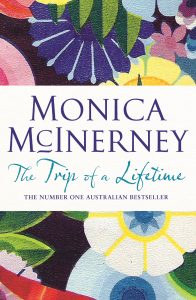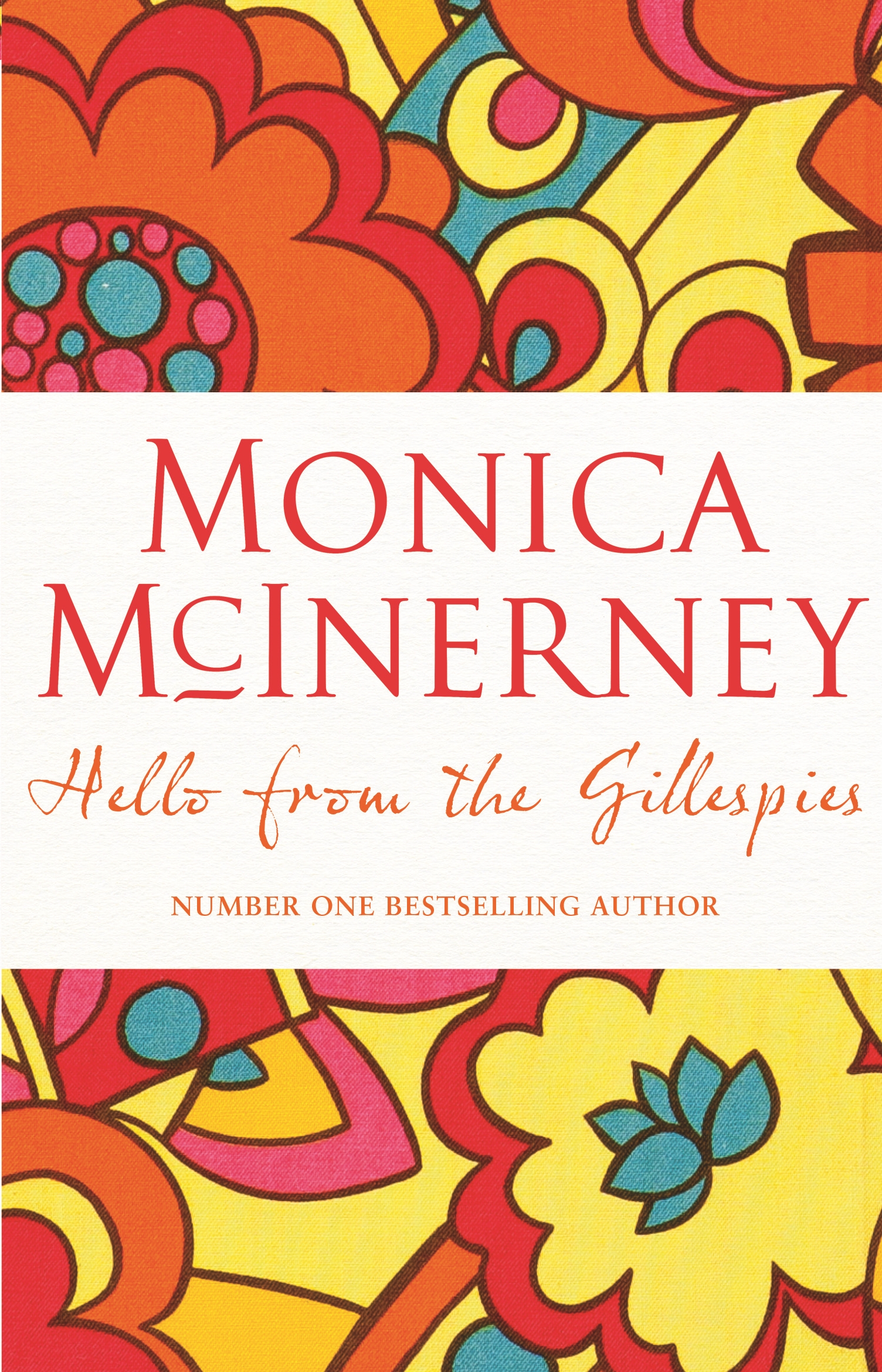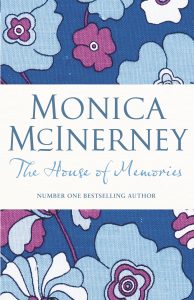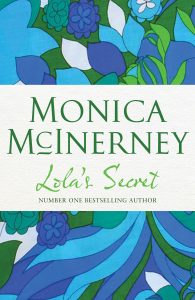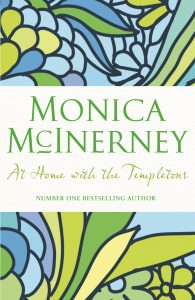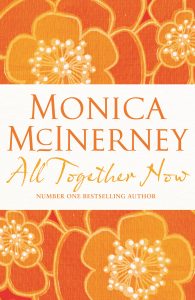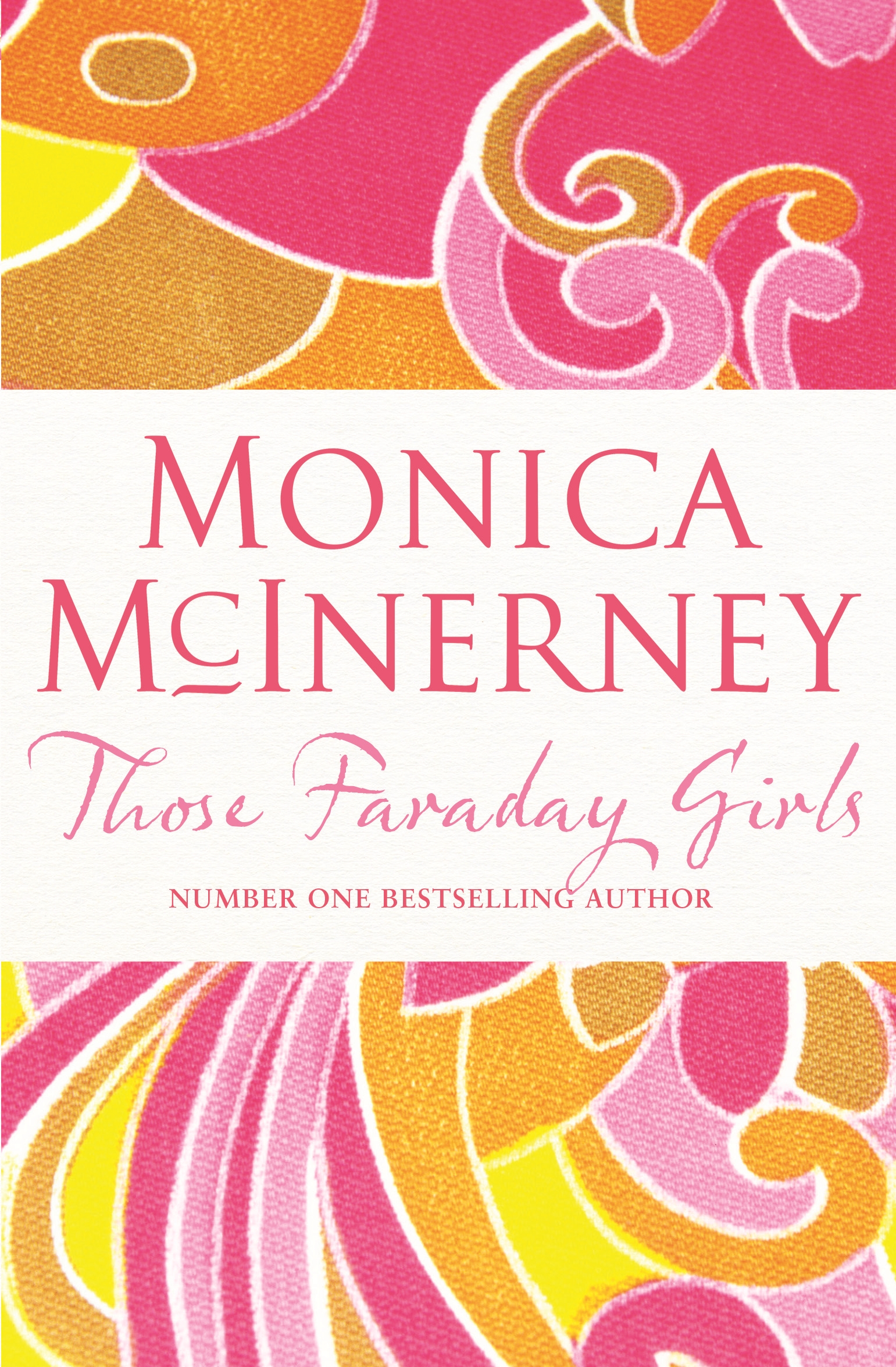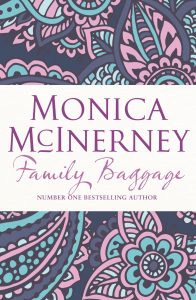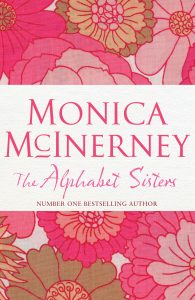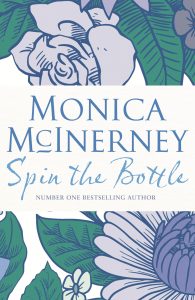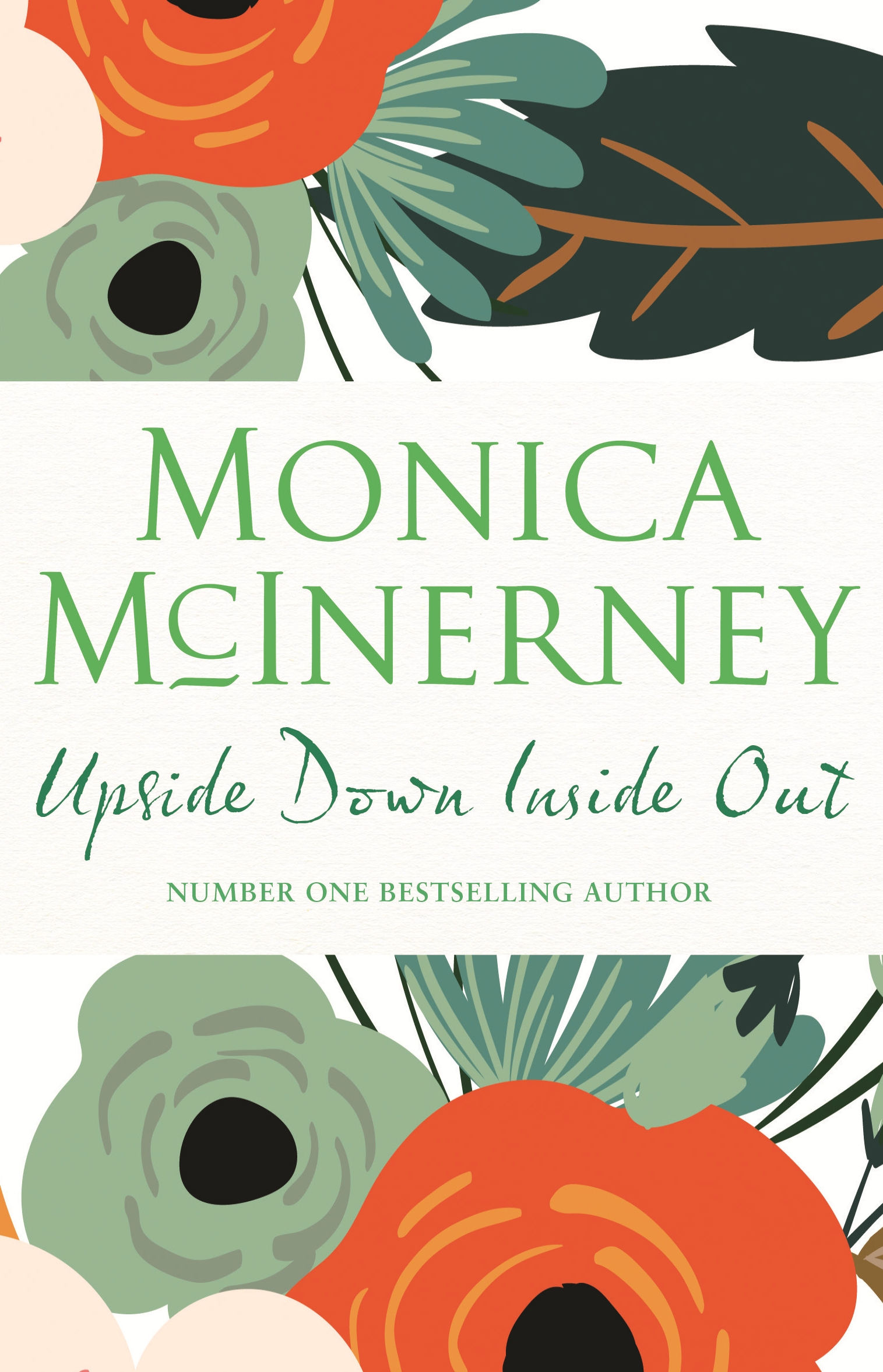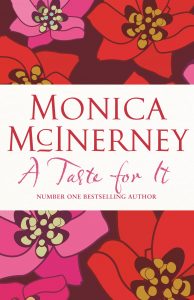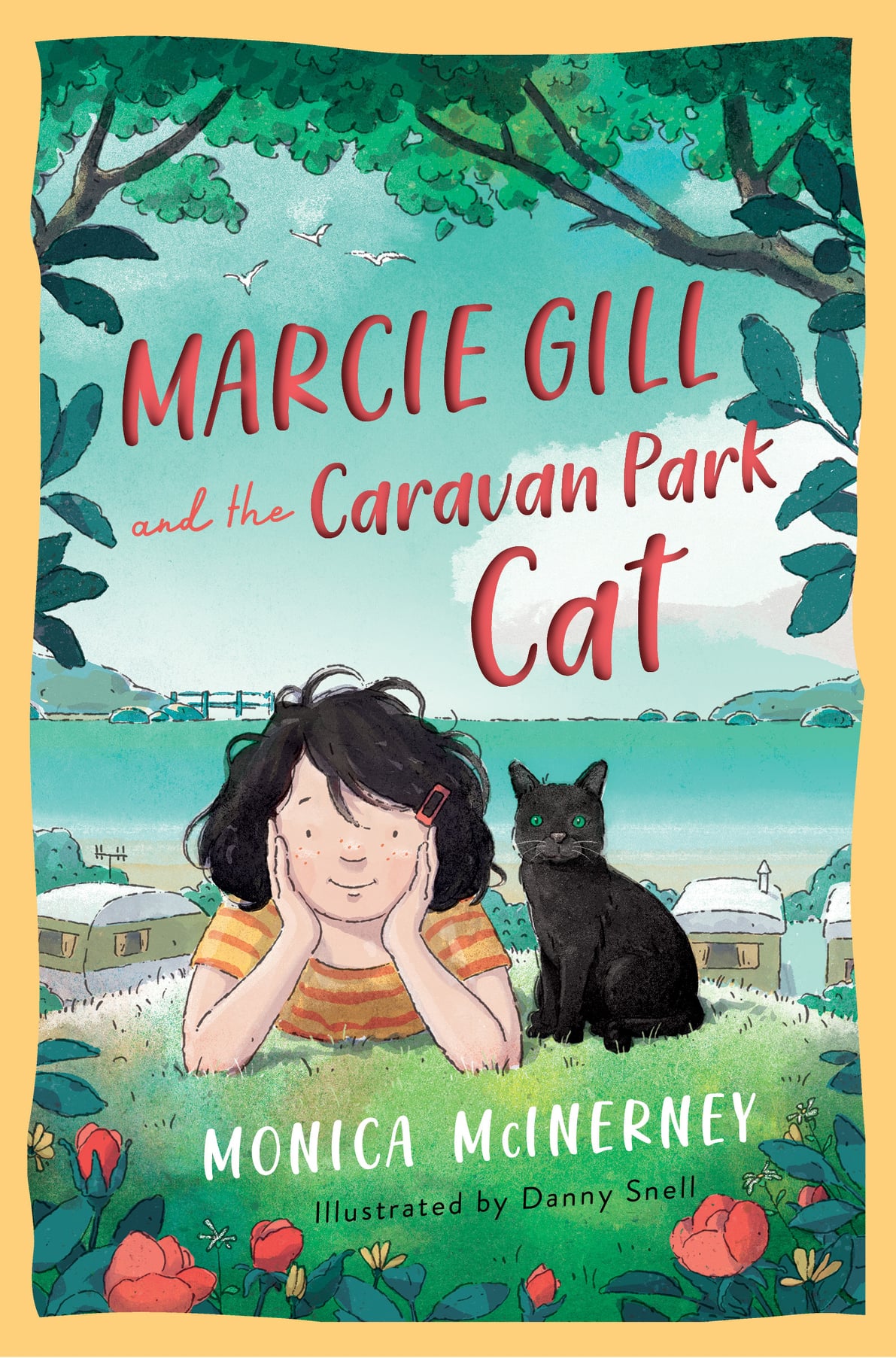The Aunt’s Story
The first time I tasted garlic prawns was at my Aunt Jacqueline’s house.
I was thirteen years old, a country girl, the middle of seven children, raised on a diet of chops and three vegetables during the week, and roast on Sunday. My aunt lived in the city (exotic), had three sons (so few!) and her dinner table not only had matching plates, serviettes, placemats and a vase of flowers, but two different sized glasses at each setting. I was staying with her for a night on the way home from a school trip. I felt like I’d arrived in Hollywood.
The sons were away, so it was just me, my aunt and my uncle. I watched, saucer-eyed, as they had a pre-dinner drink and chatted about their day. Classical music played in the background. I was more used to a soundtrack of footballs thumping against the kitchen window. I sipped my sparkling water, served in a wine glass. They asked me questions and I experienced the glorious feeling of their full attention, a moment’s glimpse into the life of an only child.
We moved to the table, shook our serviettes onto our laps, me a beat behind them, mimicking their every action. Moments later, the prawns appeared, nestling in a round pottery dish, fragrant steam hovering. There were eight of them, cooked to pink perfection, gleaming in their bath of olive oil and butter, sprinkled with a parsley garnish. They looked like greasy slugs rolled in lawn cuttings. My aunt and uncle nonchalantly began to eat, as if such exotic fare were a daily occurrence. It was, I discovered later. I took a first bite, not knowing whether to expect angelic choirs or the ground to crack beneath me. It was the choir. I had never tasted anything so wonderful. I can still taste them now, the feel of the prawn in my mouth, the aroma and taste of the garlic, oil and parsley blending so beautifully.
Those prawns changed my life. That night I realised that food didn’t have to be ordinary, that eating at home could be an occasion. I returned to my own family a changed girl. I negotiated an agreement with my mother: I’d do the cooking while she was at work, for increased pocket money. For the next two years my bemused parents, brothers and sisters arrived at dinner time to three-course meals, handwritten menus, full table settings and elaborately folded napkins. We couldn’t get seafood where I lived, but I tried every other exotic dish I could find. It was years before I tried cooking garlic prawns for myself. I was too worried they wouldn’t live up to the memory of my aunt’s wonderful version.
It wasn’t the prawns that changed my life, of course. It was my aunt. What she did that night was show me a different way of living, a new way of doing things, without even realising she was doing it. I’m sure she just thought she was giving me dinner. Over the years, she showed me more than recipes, too. I revelled in how outspoken she was. How funny. Generous. How she wore lots of red lipstick and always smelt good. How she drove a Mini (badly, I realised later – but it felt daredevil at the time). She was also bossy, argumentative, quick-witted and wonderful company. She died too young, before I had a chance to know her as an adult, and before I had a chance to tell her what an impact she’d had on my life.
Aunts don’t always have to be a blood relative. As young children, one of my sisters and I spent a lot of time with a couple we knew as Uncle and Aunty, though we weren’t related. We went on holidays with them, we stayed with them whenever Mum was having a new baby, we spent weekends at their house. It was only as an adult that it dawned on me that we were the substitutes for the children they were unable to have. They’d been friends with our parents and, in effect, “borrowed” two of their seven children.
I asked my mother recently about those days. She’d not always liked us going away, she admitted, but she’d felt sorry for the couple, and a little guilty too – the two of them with no children, she with so many. She’d felt like she had to share. Had I minded? she asked. I hadn’t, not at all. We weren’t just surrogate nieces when we stayed there, we were little princesses. And Aunty was like a storybook aunty: plump, always baking and mad about us.
As a niece of long-standing and now an aunt many times over myself, I wanted to write about the relationship. During the research for my novel Those Faraday Girls (the story of a young woman raised by her four aunts), I heard of many different sorts of aunts. Aunts on scooters, zipping in and out of lives, exotic and brave. Smoking, drinking, singing aunts. Aunts who somehow knew just when to ring. Aunts who provided the halfway house, when the child in question was too young to set up house on their own but stifled and unhappy at home. A listening ear, knowledgeable enough about the family, but removed enough to give unbiased advice. At her best, an aunt seemed to be another word for fairy godmother, a wonderful tour guide into the world beyond the family home.
There are bad aunts too, of course, as there are bad mothers, bad siblings, bad friends. I heard stories of meddling aunts, scornful aunts, indifferent aunts, women famous in family folklore for misbehaviour or bad temper. But somehow it didn’t seem to matter. There’ll never be a series of misery memoirs devoted to a niece or nephew’s tragic tales of aunt woe. ‘She never took me to the zoo.’ ‘She only ever gave me socks for Christmas.’
My segue from niece to aunt was sudden and bountiful. I now have eight nephews and four nieces in Australia, with another niece on the way. I have three nieces and one nephew in the northern hemisphere. My husband and I don’t have children, but, in echoes of my own Uncle and Aunty, our nieces and nephews have filled that gap for us. Not just filled it, they’ve overflowed it. Even living on the other side of the world from most of them, we can spoil them, treat them, talk to them and take pride in them. So far the relationships with the nieces is the more intense and emotional, especially as they grow into teenagers. They like to talk and ask questions. The nephews tend to the practical: ‘Can we crash on your floor?’
It might be years before I realise what impact, if any, I’ve had on their lives, though I know already what impact they’ve had on mine. They’re the children I’ve been able to have when I don’t have children. They provide me with all I hear parents say about their own children – amusement, entertainment and love. I feel like I have a share in them, and they are more valuable to me than they probably realise.
As more and more women find themselves without children of their own through circumstance, infertility or choice, relationships with nieces and nephews are growing in importance. Years ago, maiden aunts were the butt of jokes in books and cartoons. There were depictions of fierce aunts versus kindly aunts in books like Pride and Prejudice or frustrated, unfulfilled aunts as in Brian Friel’s play Dancing at Lughnasa. Modern-day aunts may still be single and they may be just as fierce, but they are also likely to be career women, high-flyers and in charge of plenty of disposable income. They’ve got life experience, a spare room and more often than not, time to listen and talk. They also want children in their lives, and nieces and nephews are the closest thing to hand.
There are plenty of books on how to be the perfect parent, but no guides to being the perfect aunt or uncle. Like parenting, a lot of it is instinct, but as an aunt it would sometimes be helpful to get advice on how to keep those borders in place. Who do you have the most allegiance to – your sibling or your sibling’s child? Do you tell tales or is the aunt’s ear as sacrosanct as the confession box? Do you have to follow a parent’s rules about no chocolate before dinner, no late nights? Of course you don’t.
Those are parenting rules. Aunts have no rules. That’s why nieces and nephews need us as much as we need them.
But there can be difficulties when you do take sides. My nieces and nephews have sometimes told me things they haven’t told their parents. Sometimes they’ve been giving the information a trial run, gauging a reaction. Other times it’s more confessional, an admission of bad behaviour. Did I tell on them? No. But when the truth came out, there were awkward moments with my siblings.
‘Why didn’t you tell me?’
‘Because they told me it was a secret.’
‘But they’re my kids. I needed to know.’
Maybe so, but they’d trusted me not to tell on them.
Perhaps it would be different if I had children of my own. My nieces and nephews would go into the mix of the next generation, a jumble of ages and sexes and personalities, all of us muddling along. Without children, though, when I am with my nieces and nephews I am practising parenting skills as much as my aunt-ing skills. I can ask them to behave, tell them to say please and thank you, spoil them – but there is always a line I can’t cross. They’re not mine, even if it feels that they nearly are. Even if, sometimes, I wish they were.
Grandparents are expected to love their grandchildren but we all have heard them say: ‘It’s great to be able to hand them back.’ As an aunt, sometimes I don’t want to hand them back. Sometimes it feels like their own parents take them for granted, their uniqueness unappreciated or lost in the day-to-day tumult of caring for children. I can barrack from the sidelines, be their cheerleader, listening ear or refuge, but I’ll never be their mother.
Sometimes that makes me sad. But the older I get, the more I realise aunt-dom is a special relationship in itself. Parenthood often seems to be 90 per cent hard work, 10 per cent fun. Aunt-dom is the other way around. Money can be spent on films and holidays instead of dental bills and school fees. And if you want it, that adage about grandparents can apply – when it all gets too much, you can hand them back, guilt-free.
I asked two of my nieces to write about their eight aunts – five on their father’s side, three on their mother’s. Mikaella, the oldest at 15, was matter-of-fact. ‘As far back as I can remember it’s been unusual to be in a city where there isn’t one or two of them lurking somewhere, even on holidays. They’re always there, popping in for a coffee or a chat; half the time you don’t even sit directly and talk with them – just play around them, rush through a room and they’ll be there.’ She decided aunts were a mix between a parent and a friend, in that ‘you can be far ruder with them than you’d dare to be with your mother, without the risk of them turning on you like a friend can.’
Ulli, 12, sent me a list.
* I like being able to talk to my aunts about advice I feel uncomfortable telling my parents, such as crushes, embarrassing moments or things I’ve done wrong.
* I like being able to know I can travel all around the world and know I’ll have a place to stay.
* I like being able to have an aunt to talk to about the fights I’ve had with my sisters and not have them get bored with all the fights.
* I like knowing that I’m surrounded by aunties as well as uncles and there’s nothing anyone can do about it.
She’s right. Aunts are here to stay (or be stayed with.) All we need now is a special adjective to describe us. Fathers can be fatherly, mothers motherly, uncles avuncular. But aunts? Are we auntly? Auntish? Auntular? Auntastic? All that and more.
(Published in the Weekend Australian Magazine in 2007 and The Guardian 2008)
(Copyright Monica McInerney 2014)
